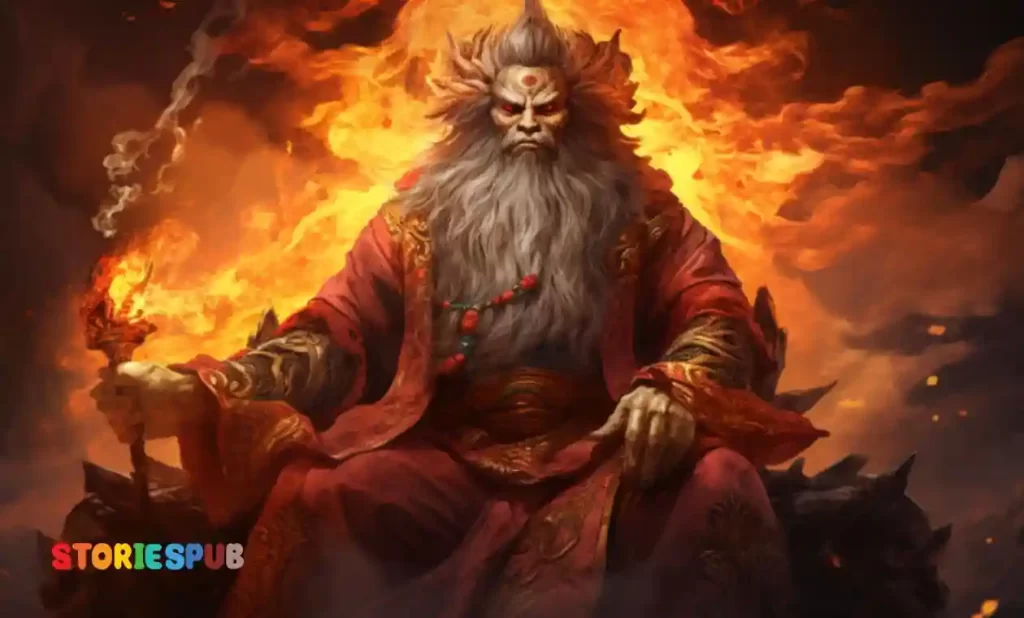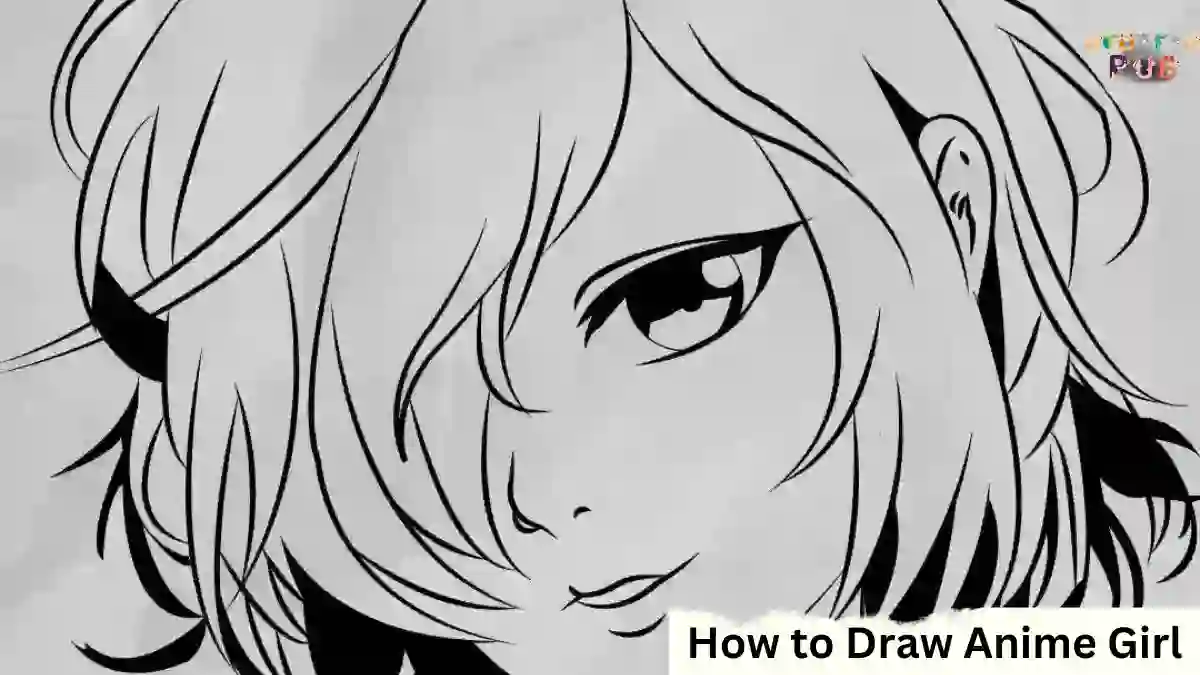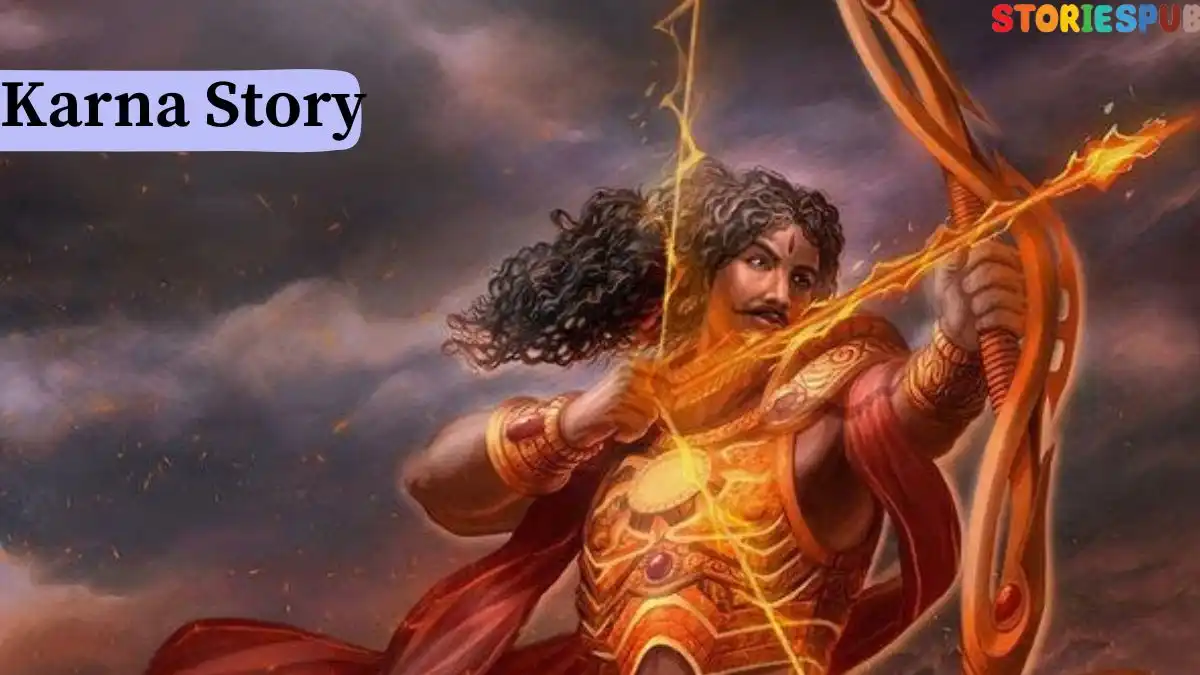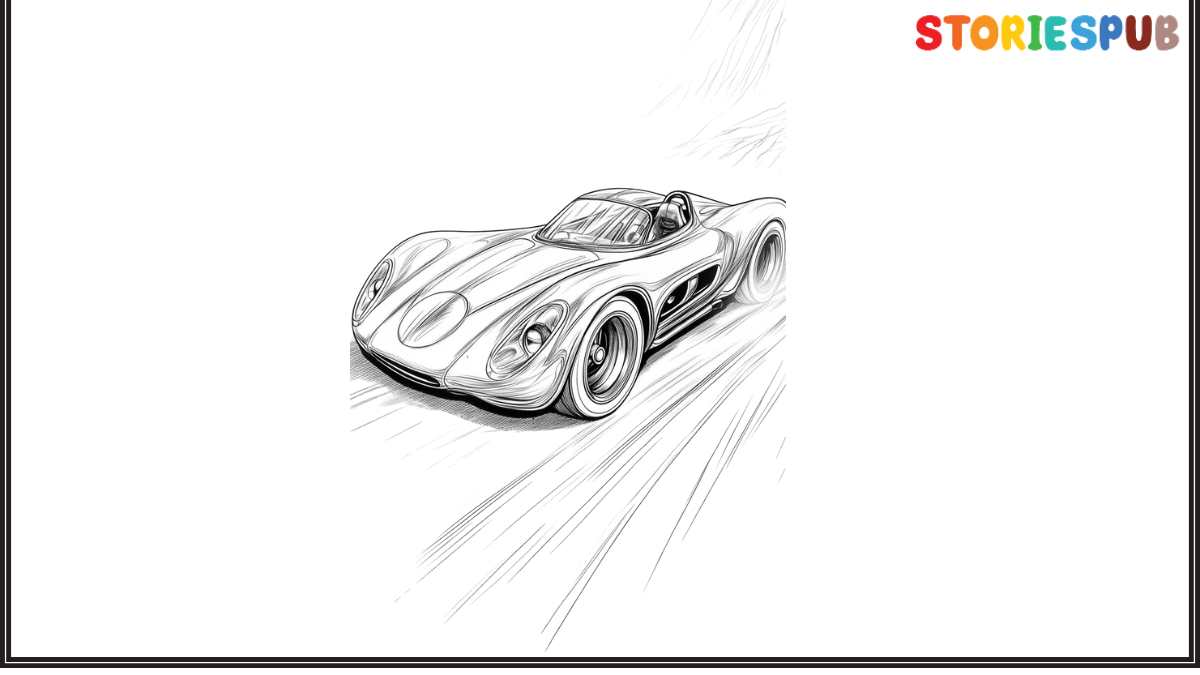Summarize this Article with:

Introduction
A Brief Overview of Shennong
Shennong, also known as the Divine Farmer, is a legendary figure in Chinese mythology. He is believed to have lived around 5,000 years ago and is credited with numerous contributions to agriculture and medicine.
Shennong was considered to be the first emperor of China by many Chinese people, and he played a crucial role in shaping the country’s culture and traditions. Shennong was said to be particularly interested in plants and their medicinal properties.
He is said to have tasted hundreds of different herbs himself to determine their effects on the human body. This earned him the nickname “Divine Farmer”, as he cultivated many different crops that were essential for survival in ancient China.
Importance of Shennong in Chinese Mythology
Shennong is an incredibly important figure in Chinese mythology. He is considered one of the Three Emperors who laid the foundation for ancient Chinese society, along with Fuxi and Huangdi. They are revered as important spiritual figures who contributed immensely to Chinese culture.
His contributions are not limited to agriculture and medicine; he is also credited with inventing music, writing, divination techniques, and even tea-making! His importance cannot be overstated – his influence on Chinese society has persisted throughout history.
Purpose of the Story
The story of Shennong serves as a reminder of how important cultivation practices and medicinal knowledge were for early human societies. It highlights how much we owe our agricultural advancements today: without people like Shennong paving the way for modern farming practices, we might not have been able to sustain ourselves as a species.
The story also reminds us that ancient cultures often had complex belief systems that intertwined religion with practical knowledge – something that’s interestingly common among many ancient civilizations worldwide. Overall, understanding this heroic figure and his contributions to society is essential to understanding how ancient China came to be, and how its culture evolved over time.
Early Life of Shennong
Birth and Family Background
Shennong, also known as the Divine Farmer or Yandi, was believed to be born in 2737 BC during the Three Sovereigns and Five Emperors period of ancient China. His father was a deity named Shaodian and his mother was a human woman named Fu Xi.
Shennong’s family background is steeped in mythology with many stories surrounding his birth, including one that suggests he was born with the head of a bull. Shennong is considered to be part of the Yan Emperor’s family line, which is said to have ruled in China for over 500 years.
His lineage gave him great prestige and respect among the people of ancient China. As such, he became known not only as a god but also as a cultural hero.
Childhood and Education
According to legend, Shennong received an excellent education from an early age. It is believed that he was taught by his mother Fu Xi, who was reputedly knowledgeable in agriculture and medicine.
Additionally, it is said that Shennong studied under Huangdi (Yellow Emperor), who was regarded as one of the greatest rulers in Chinese history. As a child, Shennong exhibited an interest in plants and their medicinal properties.
He spent much of his time exploring the woods near his home looking for new plants to experiment on. Over time he developed an extensive knowledge base about medicinal herbs through trial-and-error testing.
Discovery of Medicinal Plants
One day while out exploring, Shennong came across a plant that had never been seen before. Curious about its properties, he decided to test it on himself by consuming it directly. Upon ingesting the plant’s leaves, roots and stem he discovered it possessed powerful healing properties that could cure diseases and illnesses.
Shennong was overjoyed to find this plant and began experimenting with it, seeing what other ailments it could cure. Shennong continued his exploration and experimentation, cataloging the medicinal properties of various plants he found in the woods.
In time, he became known as a healer and expert on Chinese herbal medicine. He shared his knowledge with people and taught them how to use plants for healing properties.
Shennong’s discovery of medicinal plants is considered a significant contribution to both traditional Chinese medicine and agriculture. His work laid the foundation for future generations to continue advancing herbal medicine, creating new treatments and cures for many illnesses that plague humanity.
Contributions to Agriculture
Invention of the Plow: Changing the Game for Farmers Everywhere
One of Shennong’s most important contributions to agriculture was the invention of the plow. Prior to this, farmers had been using crude digging sticks or hoes to till their fields.
These methods were time-consuming and required a great deal of physical labor. The invention of the plow revolutionized farming by making it possible to cultivate larger areas more quickly and efficiently.
Shennong’s plow was made from wood and had a simple design that allowed it to be pulled by animals such as oxen or horses. This innovation helped farmers keep up with growing populations and increased demand for food.
Introduction of Crop Rotation: A Sustainable Solution
Shennong also introduced crop rotation, an agricultural technique that involves planting different crops in a specific order over successive seasons. This method helps to maintain soil fertility by reducing pests and diseases, preventing soil erosion, and increasing nutrient availability.
Shennong recognized that planting the same crop repeatedly could deplete the soil nutrients, leading to lower yields over time. His solution was to rotate crops so that one season’s crop would replenish what another took from the soil.
Development of Irrigation Systems: A Lifesaver in Dry Times
In addition to these innovations, Shennong also developed irrigation systems that helped farmers grow crops in areas where water was scarce. He designed canals that allowed water from rivers or streams to flow into fields where it could be used for irrigation purposes. This breakthrough allowed farmers in arid regions to grow crops even during droughts when rainfall was insufficient.
Shennong’s contributions were not just limited to practical innovations; he also promoted sustainable practices such as using organic fertilizers made from composted animal manure or plant waste instead of chemical fertilizers. He recognized the importance of maintaining a balance between farming and nature in order to ensure long-term sustainability.
Shennong’s Legacy: A Model for Modern Agriculture
Shennong’s contributions to agriculture laid the foundation for modern farming practices. Today, farmers around the world use plows, crop rotation, and irrigation systems based on his designs.
His approach to sustainable agriculture has become increasingly relevant as concerns about climate change and environmental degradation have grown. Shennong’s legacy reminds us of the importance of balancing human needs with ecological sustainability in order to ensure a healthy future for ourselves and our planet.
Contributions to Medicine
Discovery and classification of medicinal herbs
Shennong’s greatest contribution to medicine was his discovery and classification of medicinal herbs. As a god of agriculture, he had extensive knowledge of plants, which he used to identify the properties of different herbs.
He personally tasted hundreds of plants to determine their medicinal value, recording his findings in the first Materia Medica. Shennong is said to have classified over 300 medicinal herbs based on their properties and effects on the body.
He was able to distinguish between poisonous and non-poisonous plants, and identified antidotes for many poisons. Among the herbs he discovered were ginseng, ephedra, rhubarb, and licorice.
Creation of the first Materia Medica (Bencao Jing)
The Bencao Jing is considered one of China’s most important medical texts. It was written by Shennong himself around 2800 BCE and contains information on over 350 medicinal substances. The book includes descriptions of each herb’s physical appearance, taste, odor, toxicity level, and therapeutic uses.
The Bencao Jing also lists recipes for herbal remedies and provides guidance on dosage levels for different conditions. It is considered a foundational work in traditional Chinese medicine and has influenced medical practices in China for thousands of years.
Development of acupuncture
Acupuncture is a form of traditional Chinese medicine that involves inserting needles into specific points on the body to stimulate energy flow (Qi). Legend has it that Shennong discovered acupuncture when he accidentally stabbed himself with a sharp plant while walking through the woods. As a result of this experience, Shennong experimented with different needles made from bones or bamboo until he found ones that were effective in relieving pain.
He developed a map of “acupoints” throughout the body where needles could be inserted to treat various ailments. This practice is still used in traditional Chinese medicine today.
Overall, Shennong’s contributions to medicine have had a lasting impact on traditional Chinese medicine and beyond. His discoveries and writings have influenced the development of herbal treatments and acupuncture techniques, which are still used today.
The Battle with Chi You
Background on Chi You’s army and their war against Huangdi’s army
The Battle with Chi You is a significant part of Shennong’s story. According to Chinese mythology, Chi You was a tribal leader who fought against Huangdi, the Yellow Emperor. The battle between the two armies lasted for many years, and Chi You’s army was known for its ferocity and strength.
Chi You’s soldiers were equipped with bronze weapons, which gave them an advantage over Huangdi’s troops. Huangdi sought help from other tribes and deities to aid him in his battle against Chi You.
Shennong, being the god of agriculture and medicine, offered his assistance to Huangdi in the war. Shennong believed that by helping Huangdi win the war, he could ensure that his contributions to agriculture and medicine would continue to thrive in the future.
Shennong’s role in aiding Huangdi’s army
Shennong played a crucial role in aiding Huangdi’s army during the war against Chi You. He provided them with food supplies and medical aid when they needed it the most. He also used his knowledge of medicinal herbs to help heal wounded soldiers on both sides of the conflict.
During one particular battle when things looked bleak for Huangdi’s forces, Shennong devised a plan that helped turn things around for them. He instructed soldiers to set fire to a nearby forest so that smoke would billow into enemy lines causing confusion among Chi You’s men giving an opportunity for Huangdi’s troops to launch a surprise attack.
Battle between Shennong and Chi You
It is said that during one of the final battles between Chi You and Huangdi, Shennong took on the fearsome general himself using his skills as an expert martial artist. The fight between Shennong and Chi You was fierce, and the two combatants matched each other move for move.
However, in the end, Shennong prevailed over Chi You with a powerful blow that sent him tumbling to the ground. With Chi You defeated, Huangdi’s army claimed victory in the war.
It is believed that Shennong’s victory over Chi You was not just a physical triumph but also a spiritual one. He had proven that his contributions to agriculture and medicine were more significant than just mere practical skills; they were divine gifts from the gods.
The lessons learned from the Battle with Chi You
The story of the Battle with Chi You has several important lessons. Firstly, it highlights the importance of cooperation, especially in times of conflict. Without Shennong’s aid, Huangdi’s army would have struggled to win against such a powerful enemy as Chi You.
Secondly, it emphasizes that knowledge is power. Shennong used his expertise in agriculture and medicine to help win a battle against an enemy who was better armed and equipped than Huangdi’s soldiers.
It shows us that sometimes we must be willing to fight for what we believe in even if it means going up against seemingly impossible odds. The battle between Huangdi and Chi You was not an easy one, but history remembers them both as great warriors who fought for what they believed was right.
Legacy and Worship
Shennong as a cultural hero in China.
Shennong, also known as the Divine Farmer, is considered to be one of the most important figures in Chinese mythology. He is revered for his contributions to agriculture and medicine, as well as his role in the development of Chinese culture. Shennong was said to have lived during the Yellow Emperor’s reign, which was over 5,000 years ago.
Despite this long time period, his legacy has continued throughout Chinese history up to present day. One reason why Shennong is regarded so highly is because he helped improve the lives of many people through agriculture.
Before Shennong’s innovations, farming was difficult and inefficient. He created tools such as the plow and irrigation systems that allowed people to cultivate crops more efficiently than before.
Shennong also introduced crop rotation which helped farmers maintain soil fertility over time. His contributions allowed for more food production which contributed greatly to the growth of Chinese civilization.
Worshiping Shennong as a god.
Over time, Shennong became a deity worshiped by many people in China. The reverence for him stems from his dual roles – not only was he an agricultural innovator but he also contributed greatly to medicine which made him seem like a divine being among people at that time. In fact one legend suggests that when it rained on earth causing diseases among humans and animals alike, Shennong descended down from heaven on his dragon to help those who were sick or dying because of diseases caused by toxic rainwater; he cured them by testing various herbs derived from plants found around their locality.
This ability made him seem like some sort of mystical healer who had supernatural powers that could heal even plants themselves! Today there are still temples dedicated solely to worshiping Shennong throughout China where locals come together to pray and offer offerings to the god.
The significance of his legacy today.
The legacy of Shennong is still felt today in many ways. In China, there are still people who study and practice traditional Chinese medicine, which was greatly influenced by Shennong’s work.
The Materia Medica that Shennong created is still used as a reference for herbal remedies around the world. Furthermore, his agricultural innovations are still used in many parts of the world, including crop rotation and irrigation systems.
This is particularly important today as we face challenges such as climate change and food security that require sustainable farming practices. Shennong’s legacy serves as an example for us all to strive toward making positive contributions to society.
His dedication to helping others has inspired generations of people to work collaboratively towards creating a better world. When looking at just how far human civilization has come since his time, one can only imagine what great things he could have accomplished if he were alive today!
Conclusion
Shennong, the Divine Farmer, has a prominent place in Chinese mythology as the god of agriculture and medicine. He is remembered for his many contributions to these fields, which have had a profound impact on Chinese society over thousands of years.
Shennong’s early life was marked by his curiosity and desire to learn about the natural world around him. His discovery of medicinal plants and their use in treating illnesses was a game-changer for ancient China.
In addition to his work in medicine, Shennong made significant contributions to agriculture. He developed new farming techniques such as crop rotation and irrigation systems that increased harvest yields and allowed for greater food security.
His invention of the plow helped reduce labor and improve efficiency on farms, making it easier for farmers to cultivate land. The battle between Shennong and Chi You was a pivotal moment in Chinese history.
Shennong’s role in defeating Chi You’s army solidified his position as a cultural hero who protected China from external threats. This battle also highlighted his unique abilities as a warrior, which were just as important as his skills in farming and medicine.
Today, Shennong is still celebrated throughout China for his many contributions to society. He is widely worshipped as a god of health and prosperity, with many people seeking out his blessings for good luck or guidance when faced with difficult challenges.
Shennong’s legacy lives on today in various ways such as through literature, art forms such as painting, sculpture or even folklore passed down through generations amongst others; all celebrating this cultural icon who remains influential in shaping modern-day traditional culture practices among many communities within China and beyond its borders. It is astonishing to see how much one man could do during his lifetime that still impacts our world today thousands of years later; he will continue being celebrated by future generations yet unborn due to the significant mark he left on this earth.
Hey kids, how much did you like Story of Shennong – God of Agriculture and Medicine? Please share your view in the comment box. Also, please share this story with your friends on social media so they can also enjoy it, and for more such Chinese Mythology, please bookmark storiespub.com.
Related Post :












